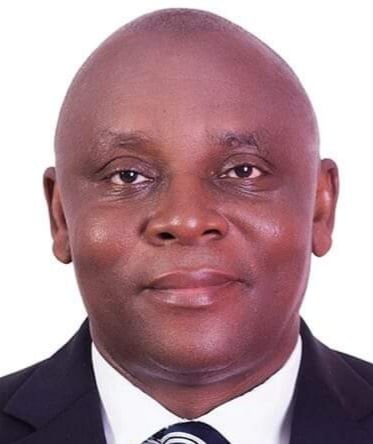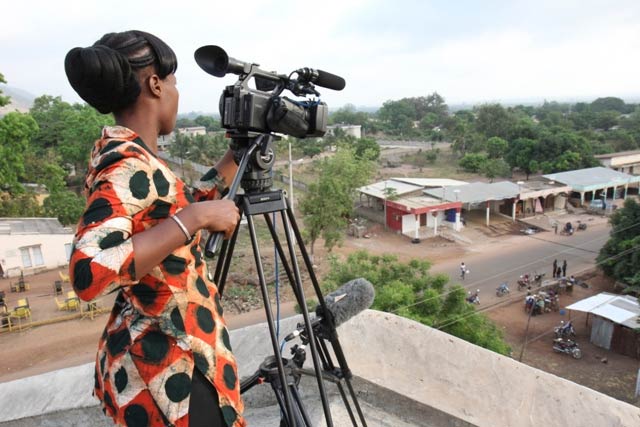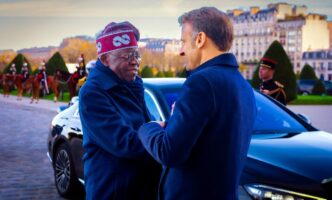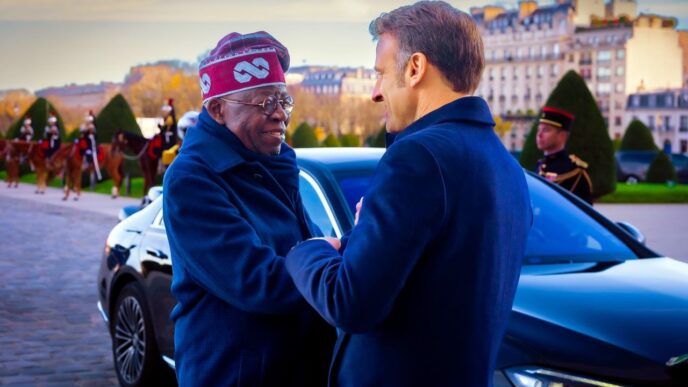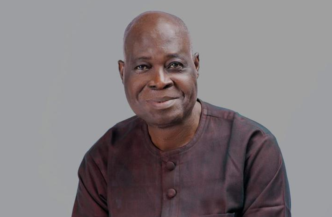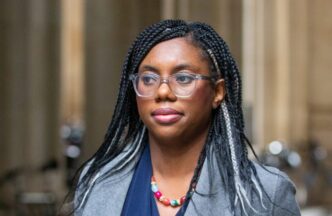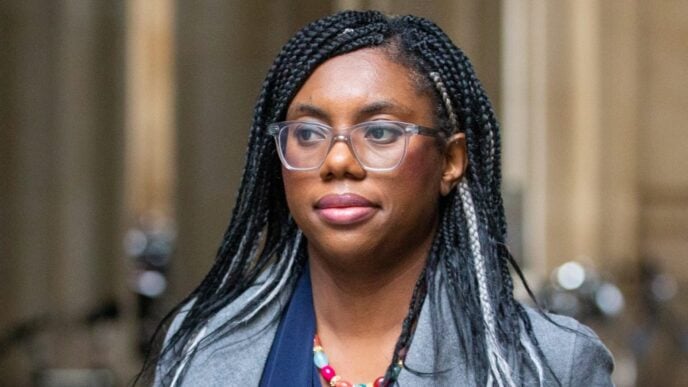On Monday, I participated in a lively and engaging webinar on how digital media could be used to shape Africa’s perspectives in international media. It was organised by The Pan African Dialogue Institute (TPADI), a think tank of African academics, civil society professionals, students and grassroots leaders who have come together to promote Pan-Africanism in the continent and the Diaspora. The theme was ‘’Using Digital Media to tell the African Story’’. Martin Oloja, former managing director & editor-in-chief of The Guardian; Chijioke Amu-Nnadi, poet, veteran journalist and PR specialist, and I presented papers and led the discussions. African professionals from across the globe and within the continent were in the audience.
They included Dr Effiong Udo, associate professor at the University of Uyo who is also the president of TPADI; Prof Mutombo Nkulu-N’Sengha, vice-president of TPADI and a professor of religious studies, Dialogue and Egyptology at California State University, Northridge, Los Angeles; Luciano Hanson, language teacher, mentor and leader, from Tanzania and Viviene Abara from Jos, Nigeria. It was an eclectic collection of Africans from across the globe who spoke on Africa’s challenges, its unbalanced and negative coverage in international media; the roles of digital media and the negative influences of people like Kemi Badenoch in promoting these jaundiced refractions on Africa.
After a brief welcome statement by the institute’s president, I opened the session with an overview of the problem. African stories in international media have always been dominated by reports of disease, poverty, corruption, conflict and political instability. These perspectives are rooted in colonial histories and they continue to influence global perceptions and policy decisions. This kind of reportage informs persisting perceptions that other regions of the world have about our continent, and why Africa continues to be viewed as the ‘troubled child’ in need of foreign saviors.
There is also a huge gender disparity in news coverage of Africa. Men, and powerful elites like politicians and businessmen, dominate the African story while the voices of ordinary Africans, women and marginalised groups are notably unreported. Foreign media’s slant of the African story often follows foreign policies of their countries, which for decades, often viewed Africa as an aid recipient, and not an equal partner in trade bilateral relations. Furthermore, the representation of Africa is meant to satiate domestic audiences who are already prejudiced by decades of misrepresentations on TV and tabloids.
Advertisement
Although Africa has its fair share of problems, just like other places, international media pay scant attention to depressing news stories in other places and focus only on the ones in Africa. Yet, Africa has a lot more to offer. Botswana; Rwanda; Angola; Ethiopia; Ghana; Senegal; Kenya; Tanzania; and many other African countries are making impressive strides in many economic indicators and HDIs, yet they are not adequately reported. The African story is not only about conflict, corruption, poverty, poor leadership, bad politics and disease. It’s also about tourism, the youth demographic dividends; the abundance of its natural resources; traditions and cultures; beautiful weather; its vegetation and wildlife and its unicorns.
Eminent journalist, Martin Oloja, was next to speak. He noted that digital media provides a platform for African voices to be heard globally, challenging dominant Western narratives and promoting a more nuanced understanding of Africa. Digital media diversifies Africa’s narratives by enabling African media outlets to diversify Africa’s experiences, cultures and slants, moving beyond stereotypes and monolithic presentations. Oloja emphasised that digital media can empower our storytellers and foster Pan-Africanism by enhancing a sense of shared identity, culture and experience among Africans across the continent and in the diaspora.
Such stories include those of African innovators and entrepreneurs, who are using technology to solve pressing problems and drive economic growth; African women who are fighting for equality, justice, and human rights, highlighting the importance of gender equality and women’s empowerment; and African communities, who are fighting to protect their natural resources and environments, highlighting the importance of sustainability and climate justice.
Advertisement
Digital media, Oloja argues, should be used to tell the stories of African writers such as Imbolo Mbue, the Cameroonian-American author who writes on perseverance and success, highlighting the importance of education and cultural exchange; Chimamanda Ngozi Adichi, the Nigerian author’s story of feminism and activism, highlighting the importance of women’s rights and social justice; Wole Soyinka, the Nigerian Nobel laureate’s story of artistic expression and activism, highlighting the importance of freedom of speech and cultural heritage.
Digital media provides African storytellers with unprecedented opportunities to reclaim and amplify their narratives. By leveraging digital platforms, African media outlets can showcase the continent’s rich history, diverse cultures, and contemporary achievements, challenging stereotypes and promoting a nuanced understanding of Africa. He concluded that the power of storytelling in reshaping global perceptions and ensuring that the African voice is heard loud and clear in the new world order.
By preserving heritage, promoting justice, and fostering innovation, digital media can help Africa write its own story for the future. Chijioke Amu-Nnadi’s presentation drew on his years of experience as a head of the department of digital media at NDDC, a government agency that focuses on the development of the hydrocarbon-rich delta region. Although technology has created new media platforms that make communication faster and easier, Amu-Nnadi warns that resistance to change could impede the rate of assimilation of digital media in the population. ‘’The power of the new media is its ease of accessibility, its social nature, ability to challenge orthodoxy and its global reach at incredible speed,” he said.
There was a lively session of discussions and commentaries from the global audience. Prof Mutombo of California State University said retelling Africa’s story does not mean suppressing or lying about the unsavoury parts of the narratives. Rather, ‘’what you say is not as important as how you say it,” he said, an allusion to the controversy that has trailed the comments made by Kemi Badenoch, leader of the UK’s Conservative Party. Prof Mutombo notes that within the realm of Pan-Africanism, Nigeria looms large as “the China of Africa.” From the demographic standpoint, Nigeria is to Africa what China (or now India) is to the world. For years, Nigeria has been the first or the second largest economy in Africa (by GDP account). Most importantly Nigeria has one of the most confident, dynamic, creative populations in the World.
Advertisement
He said: ‘’As an African born and raised in the Democratic Republic of the Congo, I remember my joy in discovering that there are African writers. In High school we read Achebe and Soyinka in French. When I moved to Europe and then the US (where I have been living for 30 years and now teach at California State University Northridge in Los Angeles), I discovered that Nigerians are scattered everywhere and have produced brilliant scientists, Physicians, Businessmen, etc. In one word, Nigeria makes us proud, from the Pan-African standpoint.
‘’Needless to say that in a world dominated by Hollywood and Bollywood, Nigeria’s Nollywood movies have provided important African alternative. Nigerian movies are found in every corner of the Democratic Republic of the Congo in French translation and they are loved by people who see in Nigerian actors people who act like their own uncles, nieces, cousins, sisters, aunts, mothers or fathers they know in cities or in their villages. The impact of Nigerian movies is enormous and a major contribution to Pan-Africanism.”
Pan-Africanism as a force of survival in a world dominated by powerful foreign powers requires that Africans get to know and appreciate each other. It is also through the knowledge of African history and ancestral values that Africans can appreciate their continent and their communities. No one would like to be associated with another community just to be bullied, despised and exploited. As Julius Nyerere put it in an interview, it is not enough to preach that we must overcome tribalism, “we must make unity attractive.”
Mutombo’s powerful intellectual input gave the participants the fire to call out Badenoch for her denigrating comments about Nigeria before her election as party leader as a sign of insecurity complex. ‘’She just wanted to pander to the extreme right wing of her party; she needed some kind of validation by attacking Nigeria, a country she once praised when she was running for Parliament years ago’’, I said, asking rhetorically, ‘’Why didn’t Rishi Sunak have to disparage India and Barrack Obama castigate Kenya or Africa before they were both elected into the highest political offices in their countries’’?
Advertisement
TPADI’s president, Effiong Udo, brought the webinar to a close, announcing that the institute is organizing an international workshop on Pan-Africanism in May.
Advertisement
Views expressed by contributors are strictly personal and not of TheCable.
Add a comment
